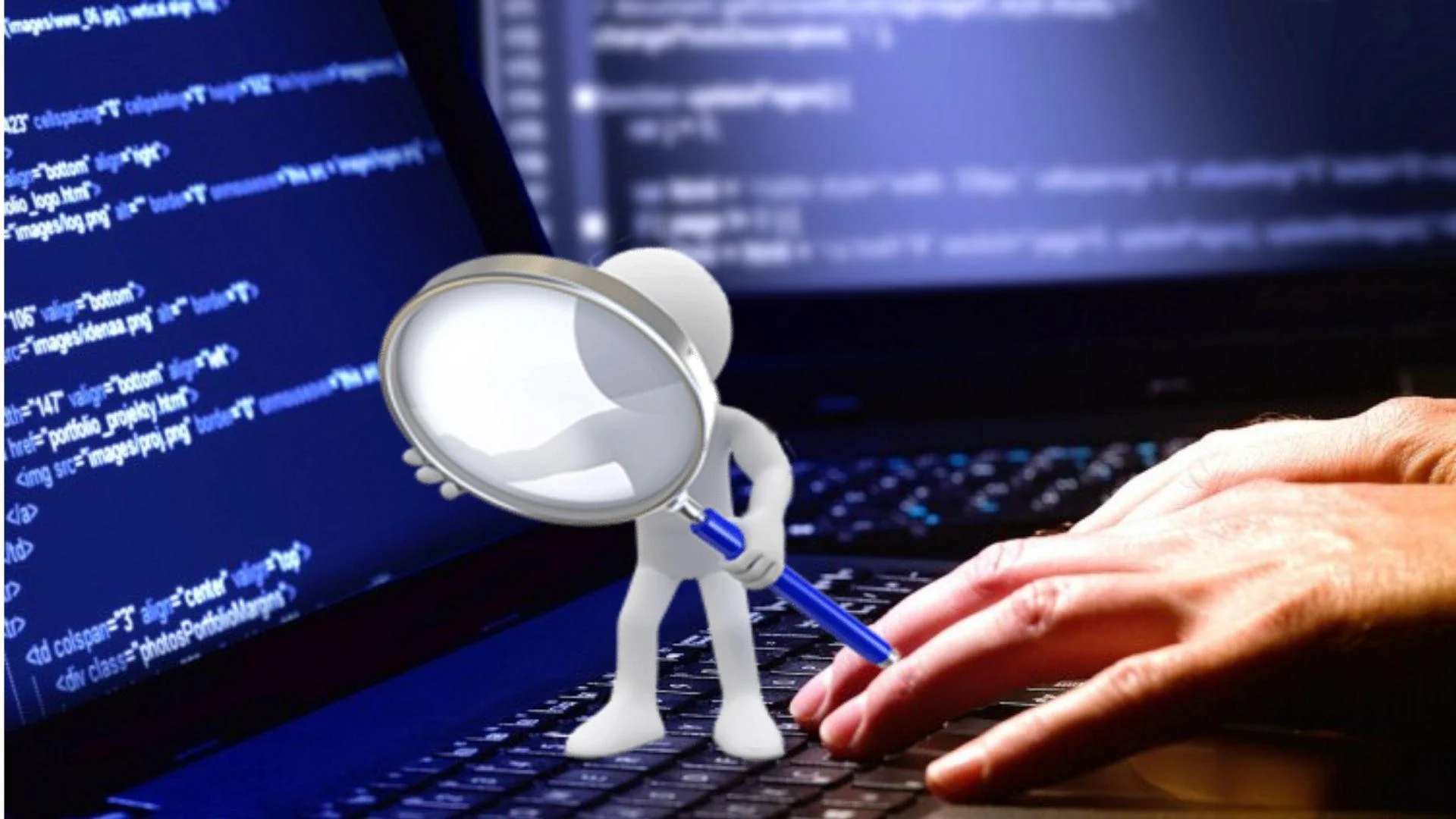In the ever-evolving landscape of software development, testing plays a pivotal role in ensuring the quality and reliability of applications. As technology continues to advance, so do the tools and techniques available for software testing. In this blog post, we'll delve into some of the latest technologies that are shaping the future of software testing and revolutionizing the way QA teams approach their tasks.
1. Artificial Intelligence and Machine Learning
Artificial Intelligence (AI) and Machine Learning (ML) have been making waves in the software testing realm. AI-powered testing tools can automatically generate test cases, predict potential defects, and even optimize testing strategies based on historical data. ML algorithms can analyze vast amounts of testing data to identify patterns and anomalies, aiding in early defect detection and improving the overall testing process.
2. Test Automation with Robotic Process Automation (RPA)
Robotic Process Automation (RPA) has found its way into testing by automating repetitive tasks that were traditionally performed manually. RPA bots can simulate user interactions, perform UI testing, and validate workflows, freeing up testers to focus on more complex and creative testing activities.
3. Containerization and Microservices Testing
As applications shift towards microservices architectures and containerization with technologies like Docker and Kubernetes, testing these distributed systems presents unique challenges. Specialized testing tools and frameworks have emerged to ensure the compatibility, performance, and resilience of microservices-based applications.
4. IoT (Internet of Things) Testing Solutions
With the proliferation of IoT devices, ensuring the functionality and security of interconnected devices has become critical. IoT testing involves testing devices, protocols, and data exchanges. Testers are leveraging IoT simulators and specialized testing platforms to validate the integrity and interoperability of IoT ecosystems.
5. Blockchain Testing
Blockchain technology has expanded beyond cryptocurrencies into various industries. Testing blockchain-based applications involves validating smart contracts, data immutability, and consensus mechanisms. Specialized testing frameworks are emerging to verify the security and performance of blockchain implementations.
6. Performance Testing in Cloud Environments
Cloud computing has transformed the way applications are hosted and accessed. Performance testing in cloud environments requires simulating real-world scenarios across different cloud providers. Tools and services that provide scalability and load testing in cloud settings have become crucial for ensuring optimal application performance.
7. Quantum Computing Impact on Testing
While still in its infancy, quantum computing holds the potential to disrupt traditional encryption methods. Software testers are beginning to explore how quantum computing might impact security testing, encryption validation, and cryptographic algorithms.
8. Augmented Reality (AR) and Virtual Reality (VR) Testing
AR and VR technologies are becoming integral to various industries, from gaming to healthcare. Testing AR and VR applications involves validating spatial interactions, user experiences, and hardware-software compatibility, leading to the emergence of specialized testing approaches.
Conclusion
The software testing landscape is undergoing a significant transformation due to these emerging technologies. As applications become more complex and diverse, testers need to adapt and embrace these advancements to ensure high-quality, robust software that meets the demands of today's tech-savvy users. Incorporating AI, ML, RPA, and other cutting-edge technologies into testing practices will not only improve efficiency but also elevate the overall software quality assurance process. Embracing these changes will empower QA teams to tackle the challenges of the future head-on and continue delivering exceptional software experiences.
For Free, Demo classes Call: +91-8149911142
Registration Link: Click Here!
Mentor - Komal Bhutale
Intormation and research are sources from internet.
